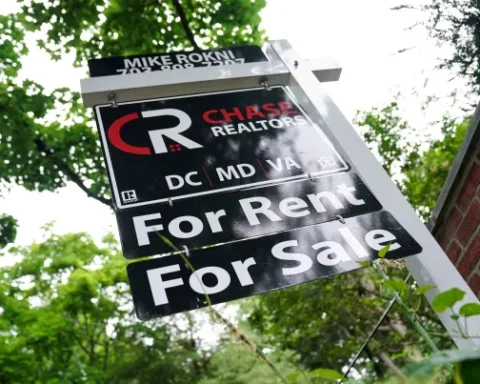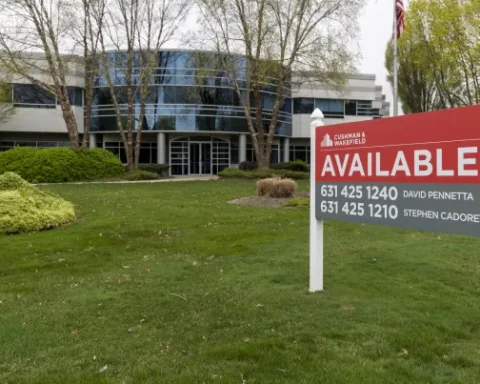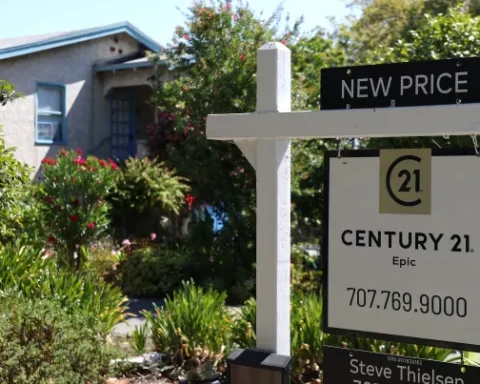The Federal Reserve’s recent rate cut has spurred excitement among homeowners looking to refinance their mortgages. However, not everyone will be able to capitalize on these lower rates. While refinance activity has increased, lenders may still deny applications based on various factors. As the regional vice president of William Raveis Mortgage, Melissa Cohn, said, “You want to wait for rates to be at a place where you’re happy to keep that rate for some time.”
Understanding the Impact of Rate Cuts
In response to the Federal Reserve’s 50-basis-point rate cut, many homeowners have rushed to refinance their mortgages, eager to lock in lower rates. According to the Mortgage Bankers Association, refinancing accounted for 46.7% of all mortgage applications in early September. However, Jacob Channel, senior economist at LendingTree, cautions, “Regardless of what the Fed is doing, remember that you have a part to play in all of this, too.”
Factors That May Affect Your Refinance Application
1. Changes in Your Financial Situation
One of the main reasons your lender may reject your refinance application is a change in your financial standing. You may no longer qualify for a mortgage refinance if you’ve experienced a reduced income, lost your job, or taken on new debt. “Your mortgage rate and whether or not you get approved for a loan or refinance… depends on you,” said Channel. A strong credit score, steady income, and low debt are critical to approval.
2. The Duration of Your Loan
How long you’ve had your loan can also play a significant role in your ability to refinance. Some loans allow refinancing within days of closing, while others may require a year of payments before you’re eligible. It’s essential to check your lender’s policies before applying.
3. Recent Refinances
Though there’s no strict limit on how often you can refinance your mortgage, frequent refinancing can lead to complications. “While there’s maybe not a hard limit on how many times you can refinance, you probably don’t want to be doing it that often,” Channel explained. Each refinance comes with closing costs, so refinancing too often can offset any savings.
Mortgage Modification: An Alternative to Refinancing
For homeowners facing financial difficulties, a mortgage modification might be a better option than refinancing. “If you’re struggling and say something catastrophic has happened in your life … it may be worth discussing a mortgage modification with your lender,” suggested Channel. This allows adjustments to your loan terms to make payments more manageable without incurring refinancing costs.
Finding the Best Path Forward
Whether refinancing is a good idea depends on your specific circumstances, including your financial standing, how long you plan to stay in your home, and the closing costs involved. “No single rule of thumb applies to everyone in the country,” said Cohn. Consulting with a financial advisor or mortgage broker is crucial in determining the best action.
While a refinance may seem appealing after a rate cut, evaluating your financial health and considering all options, including mortgage modification, is crucial. As Channel noted, “They’ll be able to walk you through the specifics of your situation,” helping you make the best decision for your financial future.







